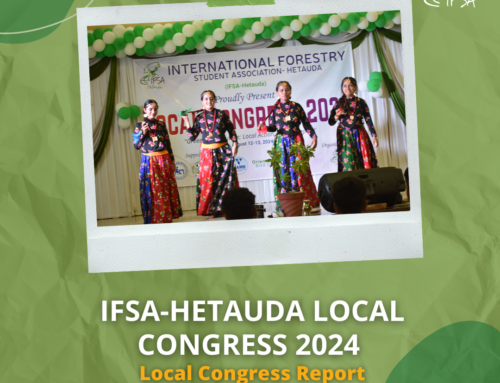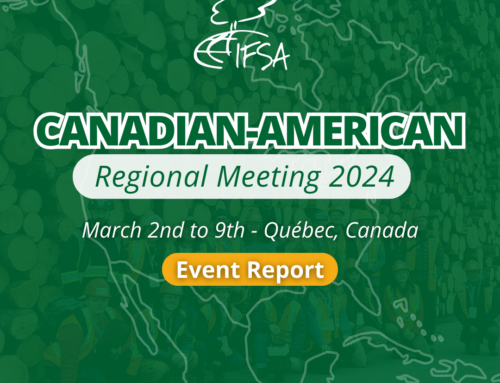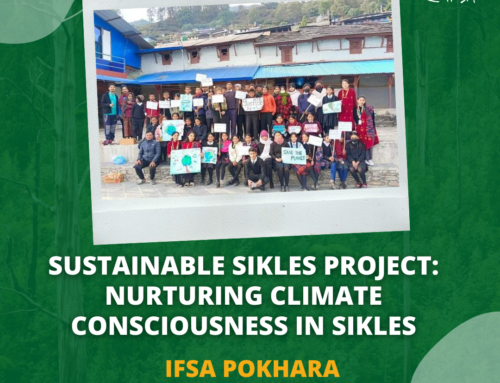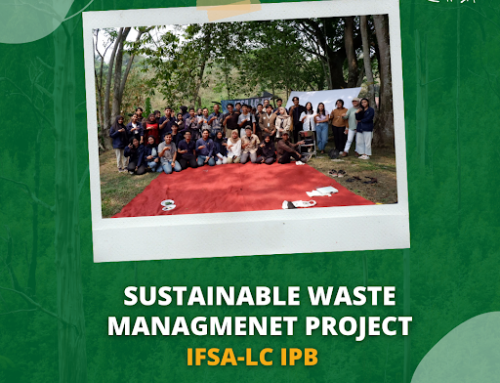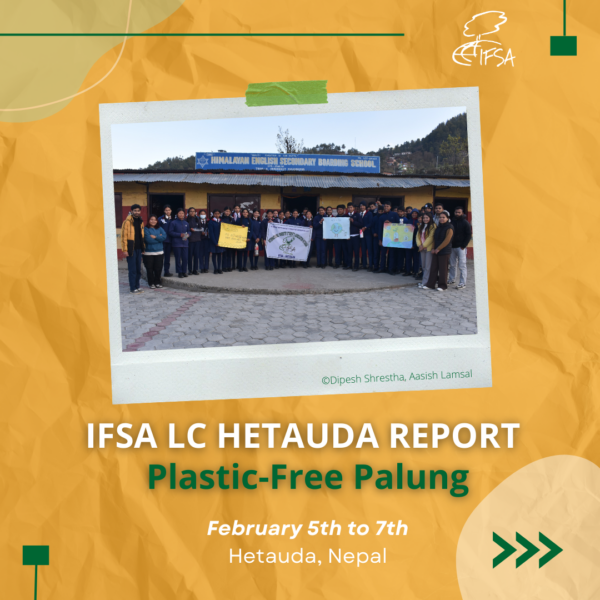
INTRODUCTION
Pollution refers to the introduction of harmful or poisonous substances into the environment, which can cause damage to living organisms and ecosystems, leading to health problems, environmental degradation, and loss of biodiversity. Similarly, Plastic pollution has become a critical environmental issue worldwide. It refers to the accumulation of plastic objects and particles (e.g., plastic bottles, bags, and microbeads) in the Earth’s environment that adversely affects wildlife, wildlife habitat, and humans. Here are some key points regarding plastic pollution:
SOURCES
Plastic pollution comes from a variety of sources, including packaging, agricultural activities, textiles, and industrial processes. It includes large items like bottles and bags, as well as microplastics, which are tiny pieces of plastic less than five millimetres in size.
EFFECTS
Environmental Impact: Plastic does not biodegrade; instead, it slowly breaks down into smaller pieces, eventually becoming microplastics. These particles can be ingested by wildlife, leading to physical harm or even death. Plastics also leach chemicals into the soil and water, affecting the health of ecosystems.
Ocean Pollution: A significant portion of plastic waste ends up in the oceans, affecting marine life and coral reefs. Animals such as turtles, seabirds, and whales can ingest or become entangled in plastic waste, often with fatal consequences.
Human Health Concerns: Microplastics have been found in tap water, bottled water, and even in the human body, though the health implications of this exposure are not yet fully understood. There are concerns about the potential for plastics to carry harmful chemicals into the food chain.
PROGRAM BACKGROUND
We, the student of Agriculture and Forestry University, Faculty of Forestry engaged in International Forestry Students Association (IFSA Hetauda) organized three days “Plastic Free Palung” campaign with the objective of providing awareness about plastic pollution and to reduce the use of plastics in Thaha municipality, Makwanpur.
CONDITION OF PLASTIC POLLUTION IN PALUNG
In our three days campaign, we visited many places of Thaha municipality and observed the following activities about the management of plastic.
1.In many places we observed that many community people are actively working in the management of plastic pollution and we also observed that many people have the notion that ‘that the pollution will remain constant as cleanliness is not sustainable’.
2. We have also found that people have made a committee to keep the city clean and have appointed two cleaners to clean the market area.
3. Many people are aware about the negative effects of plastic pollution yet they are compelled to use plastic in a huge amount due to lack of strict laws, policies and regulations regarding plastic waste management.
4. And the main problem that we found is people blaming each other for plastic pollution.
5. Lack of coordination among local people and local government regarding waste management.
RECOMMENDATION/SOLUTION
Most of the people are aware but they choose to neglect this problem. So better policies and regulations regarding plastic reduction should be adopted.
Local government should take following actions:-
Dustbin installation in every 10 meter distance in public place.
Strict rules and regulation should be adopted. If rules are not followed, then fine should be charged.
Declare “Plastic Pollution Free Palung”.
Community cleanliness program should be organized every week. One person from each family should join in the program.
Dustbin should be kept in every transportation vehicles.
Banned Microplastic in this municipality , fine should be charged to every shopkeeper who sell microplastic.
CONCLUSION
The main way to solve this pollution in Thaha municipality is to declare Thaha municipality as a plastic free area by making strict law against plastic pollution like Dhangadi sub metropolitan city. We believe that a lot of time should not be taken to declare plastic free zone as it’s already late. Also all the rules should be strictly implemented by the local government, regular monitoring from municipality in a coordination with different stakeholders.
Finally, we would like to conclude that we, AFU and our organization IFSA Hetauda is always ready for future collaboration and support.
Author : Anil Subedi
Contributors : Dipesh Shrestha, Asim Dumre, Saroj Neupane, Aakriti Suryabansi, Sushila Budathoki, Aruna Pyakurel, Aasish Lamsal, Srijana Subedi, Anita Adhikari and Mamata Giri.
